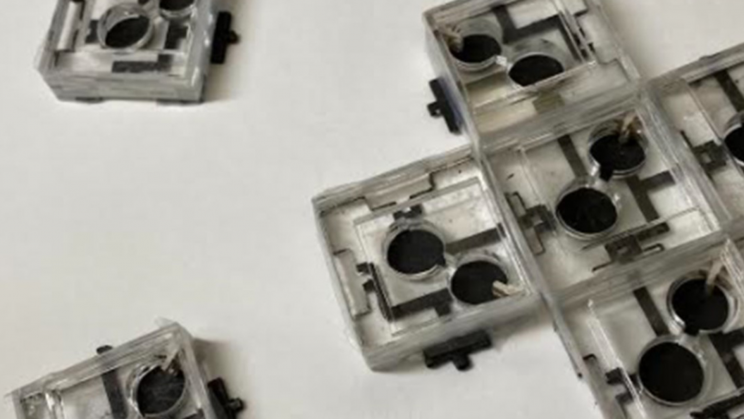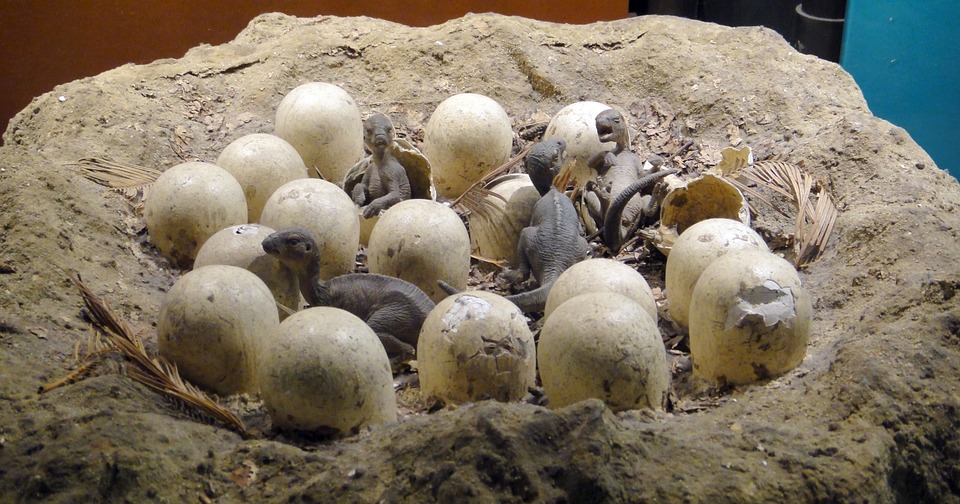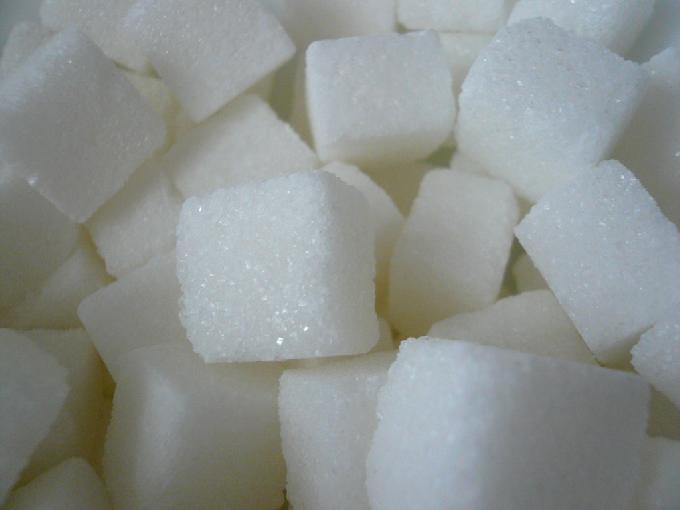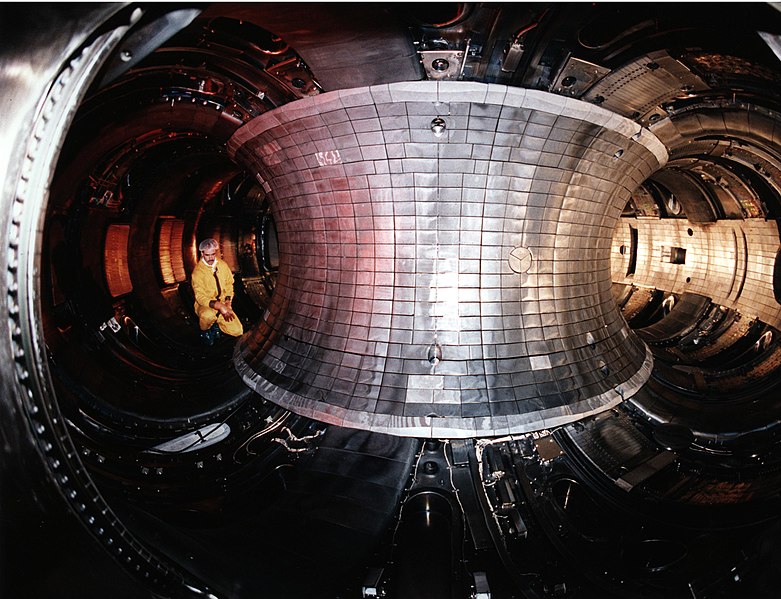A recent study suggests that microbes could assist in extracting vital nutrients from lunar soil. Previous research has identified essential elements in lunar soil necessary for plant growth. This discovery raises hopes for sustainable greenhouse farms on the moon, using local resources and eliminating the need for transporting large amounts of soil or bulky hydroponic systems from Earth to support astronaut crews on lunar bases.
Enhancing Lunar Soil for Plant Prosperity
Researchers are exploring the use of bacteria to produce phosphorus for plant growth on the moon. Lunar regolith, the powdery dust covering the moon’s surface, lacks the necessary conditions for robust plant growth. Previous attempts with thale cress (a flowering plant) in lunar regolith showed stunted growth due to a lack of essential nutrients.
However, a team from China Agricultural University found three bacteria strains—Bacillus mucilaginosus, Bacillus megaterium, and Pseudomonas fluorescens—that can enhance nutrient levels in simulated lunar soil. These bacteria increased phosphorus levels by over 200 percent in just three weeks.
Conducting experiments in a Chinese laboratory, researchers grew a relative of tobacco using lunar regolith. Soil treated with three specific bacteria species helped in growing the plants, exhibiting longer stems and roots, along with denser and broader clusters of leaves. In comparison, the soil without the introduction of these microbes did not yield the same growth enhancements.
Bacteria’s Acidic Touch Unlocks Nutrients for Lunar Crops
The researchers explained that the bacteria’s activity led to an increase in soil acidity. This lowered pH caused the dissolution of insoluble phosphate-containing minerals, subsequently releasing phosphorus into the soil. As a result, the availability of phosphorus for the plants increased, contributing to their enhanced growth.
“The importance of these findings is that we may be able to use these microbes to turn the lunar regolith into a bio-friendly substrate for plant cultivation in future lunar greenhouses,” said researcher Yitong Xia of China Agricultural University in Beijing, the lead author of the study.







